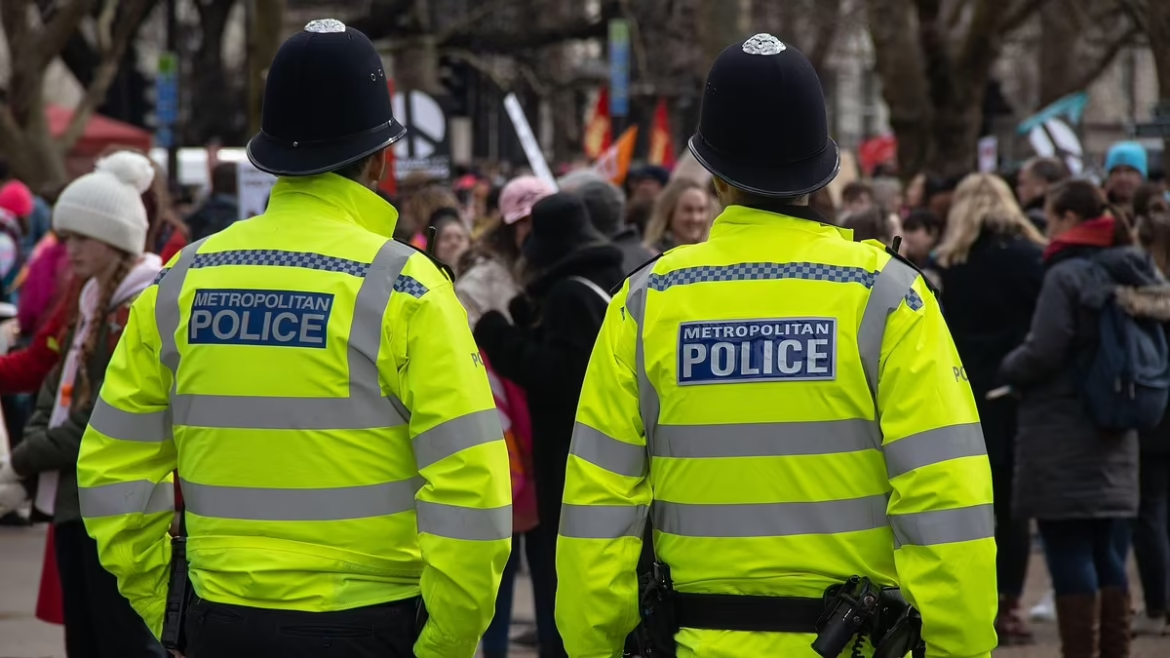In a significant move to combat the rising tide of knife crime, the UK government has announced stricter regulations for the online sale of knives, aimed at preventing underage individuals from purchasing bladed products. The new measures come in the wake of the tragic Southport knife attack in which Axel Rudakubana, a 17-year-old, used an online-purchased knife to murder three young girls last July. This tragic event has exposed loopholes in the current system, leading to swift calls for reform.
Despite existing laws that prohibit the sale of knives to individuals under 18, Rudakubana was able to bypass these restrictions and purchase a knife from Amazon. This highlights a critical gap in the online retail industry’s ability to effectively screen buyers for age. As part of the government’s new strategy, individuals who attempt to purchase knives online will be required to submit two forms of identification to prove their age. This could include official documents such as passports, national IDs, or driver’s licenses, and buyers will also have to submit a live video to authenticate their identity. These measures aim to close the gap that allowed Rudakubana to obtain the weapon despite his age.
Amazon, one of the largest online retailers, has expressed its commitment to improving its verification process. In response to the government’s move, Amazon has stated that it is taking its responsibility around the sale of age-restricted items—particularly bladed products—very seriously. The company has launched an internal investigation into the incident involving Rudakubana’s purchase and is expected to comply with the upcoming age verification measures. Currently, Amazon asks customers to enter their date of birth when ordering knives, and recipients are required to prove their age upon delivery. However, the government’s new regulations would take this a step further, implementing a more comprehensive and secure process for confirming the buyer’s identity before the transaction is completed.
The proposed changes are the result of a review of online knife sales led by Commander Stephen Clayman, the National Police Chiefs’ Council’s lead for knife crime. Initially set to report his findings at the end of this month, Clayman will now present his proposals sooner, incorporating them into the Crime and Policing Bill, which will be introduced to parliament this spring. This rapid response highlights the government’s urgency to address the issue and ensure that knives are not easily accessible to underage individuals or those with malicious intent.
In his statement to the press, Prime Minister Sir Keir Starmer emphasized that it remains “shockingly easy for our children to get their hands on deadly knives.” Starmer, writing in The Sun, stressed that the Southport incident revealed the vulnerability of the existing system, which allowed a young person with a history of violence and extremist associations to obtain a dangerous weapon online with minimal checks. He called for immediate legislative action, arguing that “the technology is there to set up age-verification checks, even for kitchen knives ordered online.” He vowed to work with government officials to ensure that these safeguards are implemented to protect the public.
The government’s plans are not limited to strengthening online age-verification processes. They also include sanctions for tech companies that fail to adequately prevent the sale of illegal knives. Executives at these companies could face personal fines if their platforms continue to facilitate the illegal sale of weapons. This is part of the government’s broader strategy to reduce knife crime, which has reached alarming levels. The number of serious knife offences in England and Wales increased by 54% from 2016 to 2024, a disturbing trend that underscores the need for more effective measures.
Amazon, for its part, has reaffirmed its commitment to ensuring that age-restricted items are sold responsibly. A spokesperson for the company stated that Amazon uses trusted ID verification services to check the buyer’s name, date of birth, and address whenever an order for a bladed item is placed. In addition to the required age verification process, Amazon’s delivery drivers use an app to confirm the recipient’s age before handing over any age-restricted products. However, the government’s new proposed changes aim to further enhance these procedures, making it much harder for underage buyers to access dangerous items.
As the UK continues to grapple with the rising tide of knife-related violence, these new measures are seen as a crucial step in protecting vulnerable populations from the threat of online sales of bladed weapons. Home Secretary Yvette Cooper also weighed in on the issue, calling it a “total disgrace” that Rudakubana was able to purchase a knife online despite his age and prior criminal history. It was revealed that Rudakubana had been referred to the government’s Prevent program on three separate occasions between 2019 and 2021 for extremism concerns. Despite these warnings, he was still able to buy the weapon that ultimately played a role in the deaths of three innocent young girls.
The tragic events of Southport have reignited the debate on how best to regulate online sales of knives and other potentially dangerous items. With the government’s pledge to halve knife crime over the next decade, these new restrictions, combined with heightened accountability for tech companies, represent a bold step in the fight against this growing epidemic. As these proposals move through parliament, it is clear that the UK is ready to take stronger action to prevent future tragedies and ensure that online retailers play a more responsible role in safeguarding public safety.


